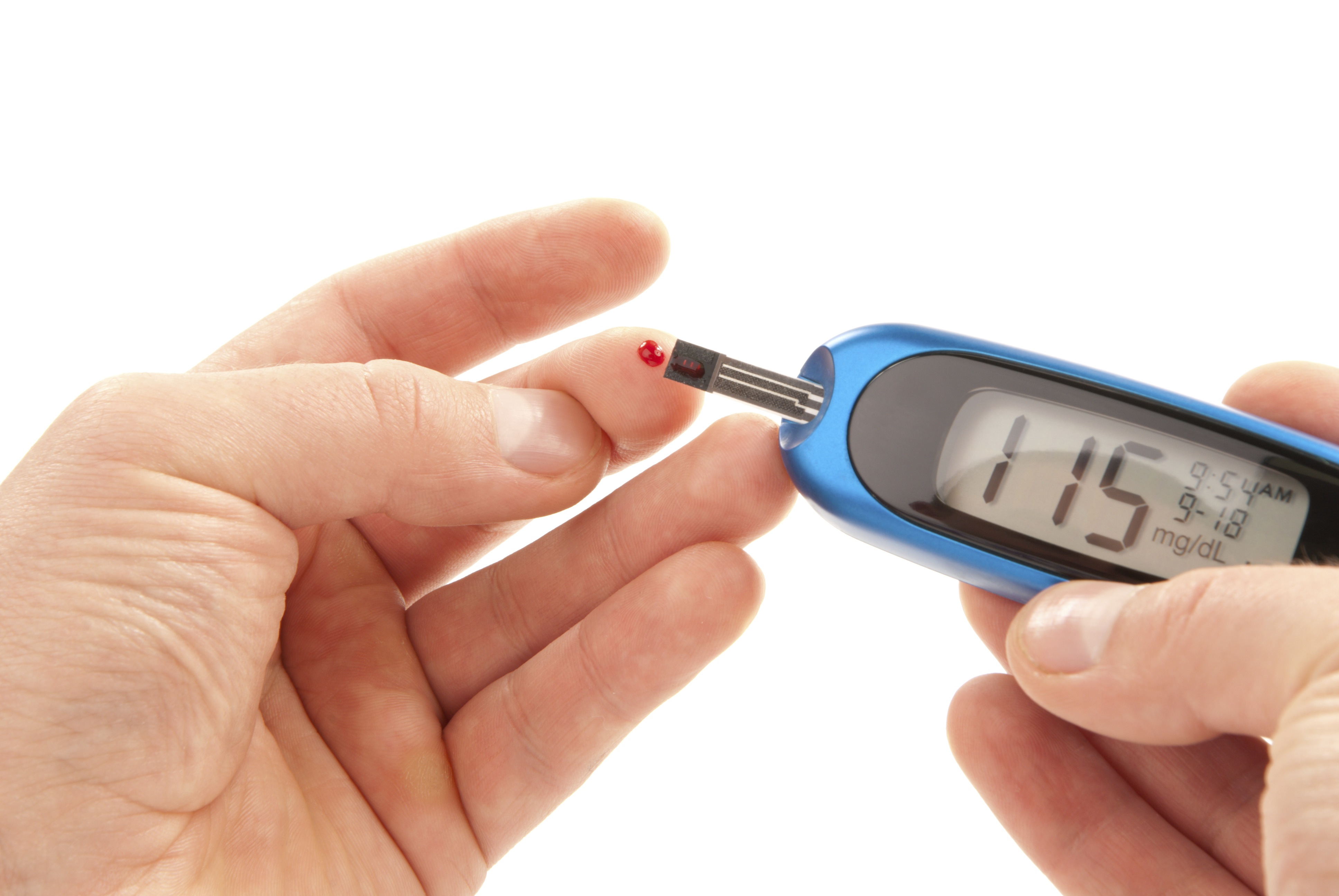


Fasting during Ramadan is considered to be the most significant spiritual practice, but many diabetic patients might be wondering about the effect of fasting during this holy month. Fakih IVF is here to take care of everything you need to know:
 The importance of a Dietitian:
The importance of a Dietitian:
Nutrition therapy plays a vital role in diabetes management, and an individual’s religion and culture should be considered when preparing their diet plan. It is recommended that the diet of a person with diabetes during Ramadan should be comparable with that followed for the rest of the year. However, Ramadan can result in an extra burden of calories. Iftar, the meal taken when the fast is broken at sunset, often turns into a celebration, with huge volumes of food laden with sugar and carbohydrates. Regional variations exist in the timings of meals during Ramadan, and physicians need to understand regional and cultural differences to advise the patient accordingly. Because of the different types of foods traditionally eaten at Iftar by different cultures, a well-trained dietician should be at the center of the diabetes management and follow-up team.
It is true, many people with diabetes can fast safely, but each person is different. Part of the decision you will make with your doctor has to do with the kind of diabetes medicine you take. It is important to schedule an appointment 2-3 months before Ramadan to discuss how fasting might affect your diabetes. Your doctor or healthcare provider may suggest a change in your medication plan. Despite being exempt, many people with diabetes do participate in fasting during Ramadan. It is important that the decision about whether to fast is made on an individual basis in consultation with the patient’s treating physician, taking into account the severity of illness and the level of risk involved. Fasting during Ramadan may provide enduring benefits. Indeed, Ramadan can provide an opportunity for a better lifestyle, facilitating weight loss and smoking cessation. For patients with diabetes who choose to fast, Ramadan may help to strengthen the therapeutic alliance between patient and physician and may provide an opportunity to improve diabetes management, with a focus on self-care and the regulation of medication and meal timing.
 What risks should a diabetes patient be aware of?
What risks should a diabetes patient be aware of?
These are the key risks:
Many people think of stopping their medicine as they feel that it will break their fast but that’s not true. You should continue taking your diabetes medicine but your dose timings should be changed. This is why it is advisable to speak and discuss with your doctor 2-3 months before Ramadan so that you can plan ahead of how your diabetes medicine which may need to change. It is very important to understand for a patient that they must immediately break their fast if hypoglycemia <60 mg/dl [3.3 mmol/l]), occurs since there is no guarantee that their blood glucose will not drop further if they wait or delay treatment. The fast should also be broken if blood glucose reaches <70 mg/dl (3.9 mmol/l) in the first few hours after the start of the fast, especially if insulin, sulfonylurea drugs, or meglitinide are taken at predawn. Finally, the fast should be broken if blood glucose exceeds 300 mg/dl (16.7 mmol/l). Patients should avoid fasting on “sick days.”
 Diet Tips:
Diet Tips:
Traditionally the fast is broken (Iftar) after sunset and begins with the eating of dates and drinking water. Limit dates to 1-2 each evening. Drink plenty of water and sugar-free beverages though out the evening, but avoid caffeine beverages as they can be dehydrating.
Follow instructions of your healthcare provider to celebrate Ramadan in a healthier way and don’t forget to exercise as it reduces the glucose level of your body.
“Spread Sweetness this Ramadan by avoiding Sweets”